Jimmy’s Hall
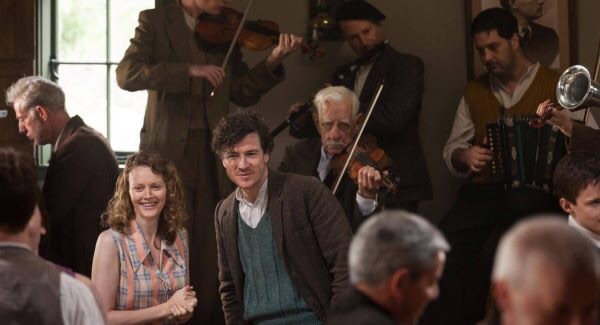
Jimmy’s Hall is based on the life of Jimmy Gralton, an Irish activist and advocate for the working 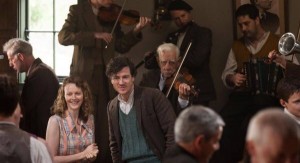 class whose socialist views conflicted with the rigid religious/political climate of post-Civil War Ireland in the 1920s-30s. The film opens in 1932, when Jimmy decides to return to his homeland after a decade spent working in New York. Upon his arrival, it’s clear that tensions from the Civil War are still high. The townsfolk regard him as a local hero because of the meeting hall he used to run, which has been shuttered since his departure. They remember “Jimmy’s Hall” as a safe haven for music, dance, sport and political debate, and they beg him to reopen it. At first he resists, but having always had a reputation for being a maverick, he eventually agrees. This act puts the county’s Catholic parish priest on high alert and the clash of ideologies begins a chain of events that sets the dramatic tone for the film.
class whose socialist views conflicted with the rigid religious/political climate of post-Civil War Ireland in the 1920s-30s. The film opens in 1932, when Jimmy decides to return to his homeland after a decade spent working in New York. Upon his arrival, it’s clear that tensions from the Civil War are still high. The townsfolk regard him as a local hero because of the meeting hall he used to run, which has been shuttered since his departure. They remember “Jimmy’s Hall” as a safe haven for music, dance, sport and political debate, and they beg him to reopen it. At first he resists, but having always had a reputation for being a maverick, he eventually agrees. This act puts the county’s Catholic parish priest on high alert and the clash of ideologies begins a chain of events that sets the dramatic tone for the film.
Records about Gralton’s life are scarce, and director Ken Loach does his best to fill the gaps with fictional content that’s compatible with documented recollections of the man and the major events that shaped his life. Casting Barry Ward as Gralton was a fine choice; his portrayal successfully captures the physicality and charisma of a galvanizing leader, expertly conveying both the charm of a small-town chap and the worldliness of a passionate champion of the under-served with ease. Esteemed Irish actor Jim Norton plays the indignantly stern Father Sheridan with an edge, but not so sharp that the audience can’t summon some sympathy when he’s confronted with his the incongruities of his actions. There are standouts in the superb supporting cast as well, particularly Andrew Scott as Father Seamus, who manages to create a compelling presence in just a handful of scenes, and Aisling Franciosi as Marie, whose jovial, rebellious energy brings some much-needed buoyancy to the script.
The chemistry between Jimmy and his love interest Oonagh is tepid at best, which makes it hard to become invested in their star-crossed sub-plot. Progression is inconsistent; the film’s pacing lags at times and some editing choices feel abrupt. Overall, while there are some good scenes that highlight the actors’ solid performances – not to mention the magnificent landscape of rural Ireland as its backdrop – the story itself lacks sufficient emotional impact to make it truly memorable.
Mariana Howard
Jimmy’s Hall is released in selected theaters on 3rd July 2015.
Read more reviews from Tribeca 2015 here, for further information about the festival visit here.


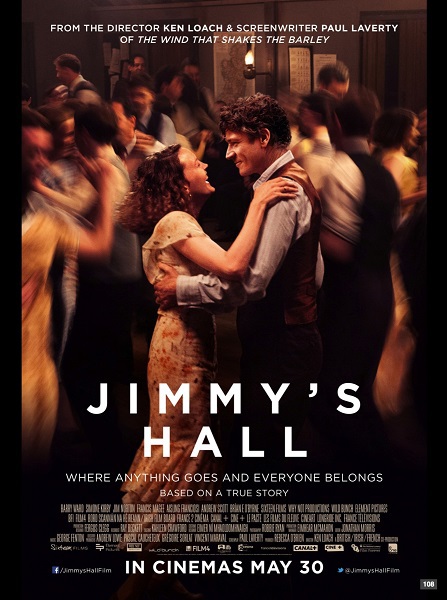



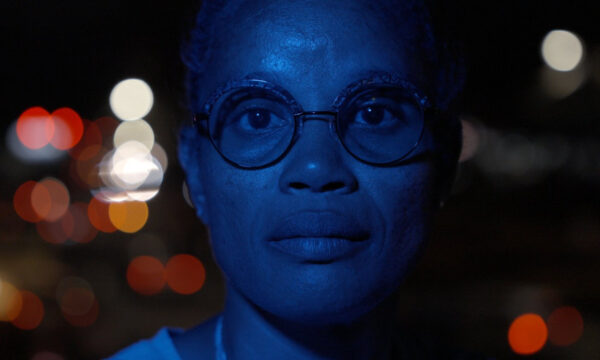

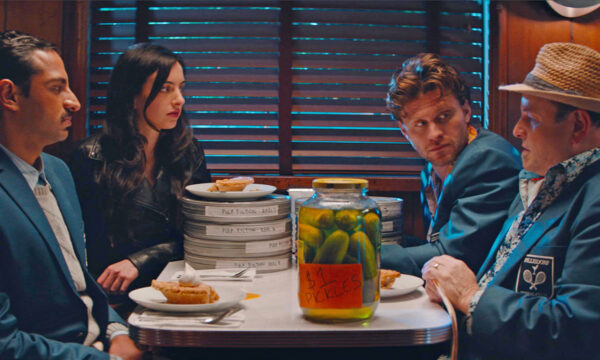
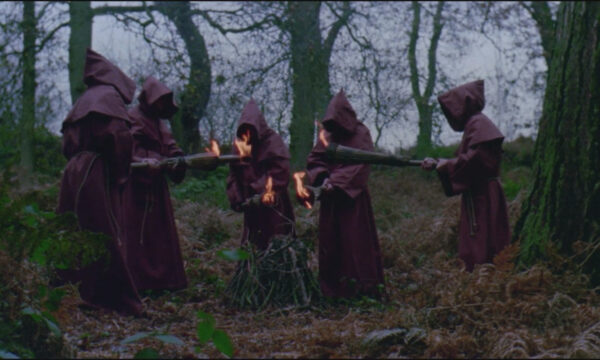
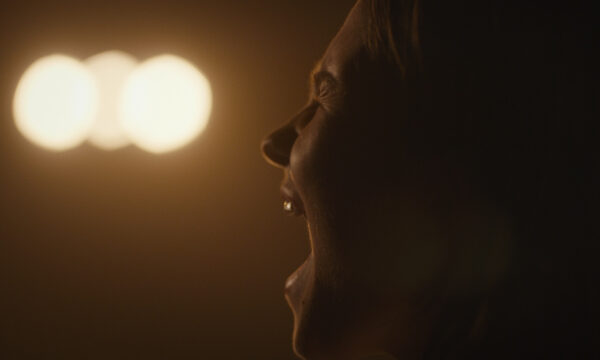












Facebook
Twitter
Instagram
YouTube
RSS